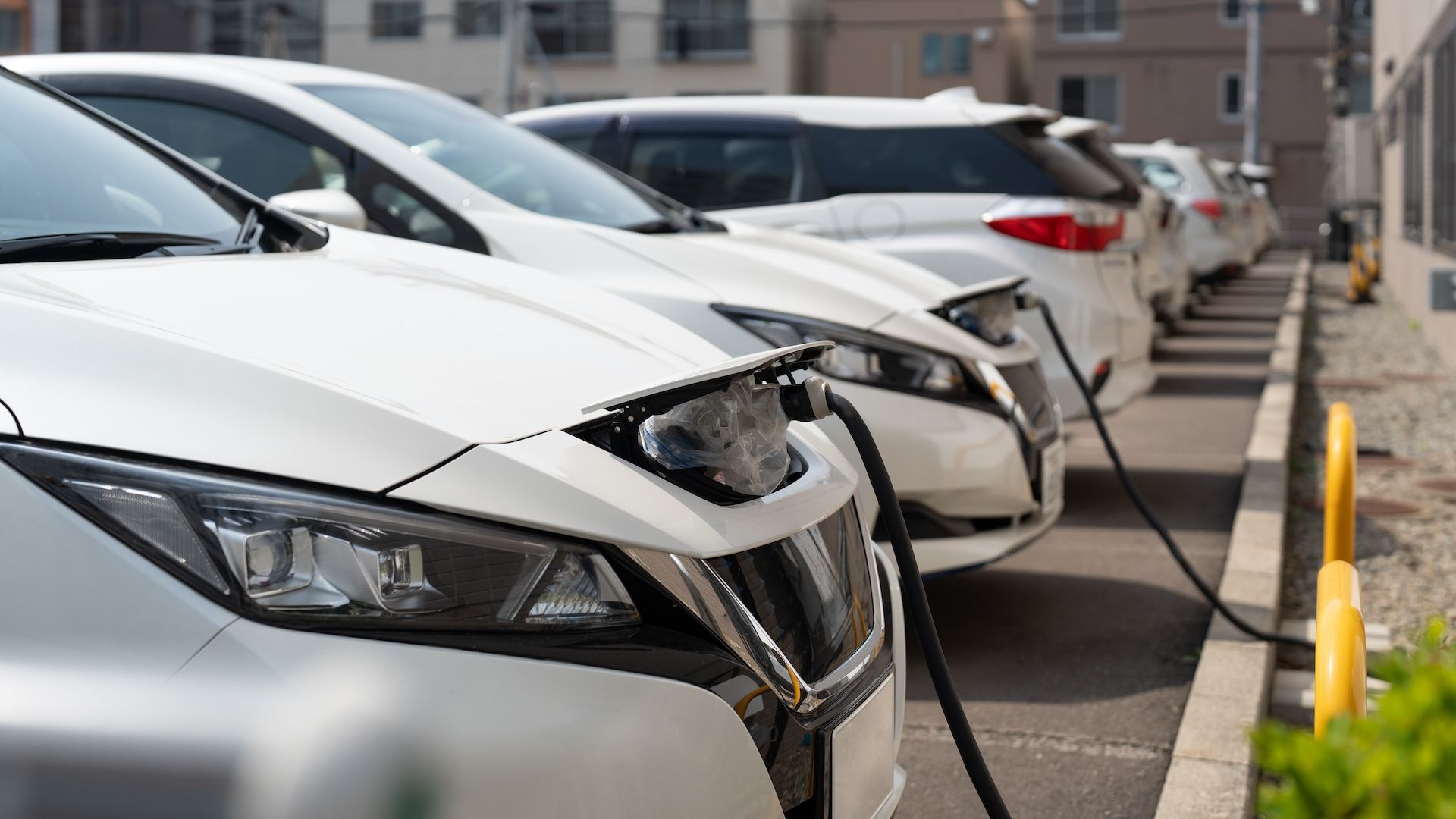'Single crystal' electrodes could power EVs for millions of miles

Batteries featuring "single-crystal electrodes" are likely to power electric vehicles (EVs) for millions of miles without needing replacement - a development that could see their lifespan outlast those of other car components, research has revealed.
.
As time passes, all batteries gradually lose some of their capacity to store energy. Take, for example, the battery in your phone, which holds less of a charge after just a few years compared to when you first purchased it. Similarly, the battery in an electric car starts to lose its effectiveness, and consequently, the car is able to travel a shorter distance on a single charge, over time.
Related: What principles govern electric car batteries, and what factors influence their overall performance?
.
In the research project, funded by the well-known electric vehicle manufacturer Tesla and featuring the involvement of experts from Dalhousie University in Nova Scotia, a comparison was undertaken between a single-crystal electrode of long-lasting design and a more widely employed polycrystalline electrode. The two electrodes are comprised of similar materials, yet in the polycrystalline electrode, these materials assume the structure of numerous minute particles formed from smaller crystals packed tightly together. By contrast, the single-crystal electrode, as indicated by its name, comprises each particle from a single crystal, rendering them more resilient to mechanical stress.
Bond and his colleagues employed high-energy X-rays to peer deep inside the battery without disassembling it. The team observed that after 2.5 years of steady use, the polycrystalline electrode was riddled with minute fractures. Those fractures come into being when the lithium ions in the battery's internal mechanism cause the atoms in the electrodes to become separated, resulting in a reduction in the battery's ability to store energy.
By way of comparison, the single-crystal electrode displayed remarkably few cracks, even after undergoing repeated charge and discharge cycles over a period of six years.
Longer-lasting EV batteries
The laboratory-tested battery with a single-crystal electrode has withstood over 20,000 charging and discharging cycles and still retains around 80% of its original capacity standing. A standard electric car can travel approximately 400 kilometres on a full charge, so the battery with the single-crystal electrode is estimated to have a lifespan equivalent to driving approximately 5 million kilometres.
"We desperately require these vehicles to maintain their service life for as extended a period as possible, as the increased mileage directly contributes to a more significant reduction in carbon emissions," Bond said in the statement.
Electric vehicles currently use batteries with single-crystal electrodes are not yet in circulation, though they are available commercially in other forms. Tesla holds a patent for similar single-crystal-electrode formulations, andDalhousie team members are credited as co-inventors.
These developments promise to extend the life of batteries, potentially outlasting the rest of the components in an electric car. It is envisioned that when this becomes the case, the batteries could eventually be repurposed for use in grid-level energy storage systems.
"Work such as this serves to reinforce just how dependable these new batteries are, which should be of significant benefit to both manufacturers and businesses that are currently incorporating them into their operations and projections," Bond said.
Post a Comment for "'Single crystal' electrodes could power EVs for millions of miles"